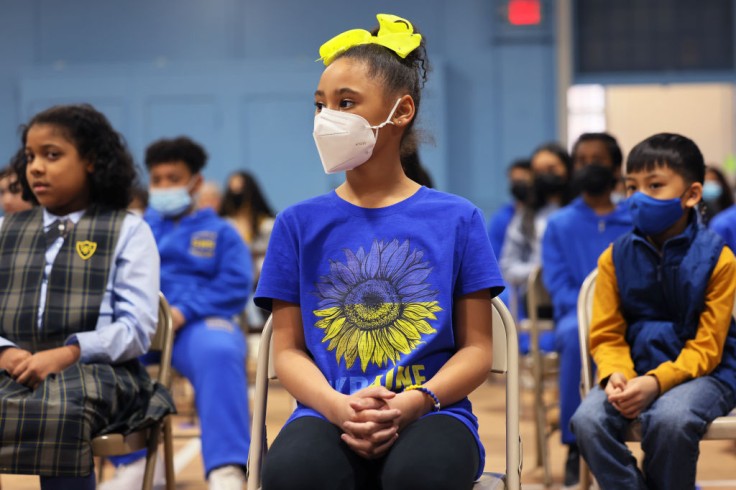
The negative impact of COVID-19 can still be felt, and it is manifested in the poor academic performance of children in their Math and Reading subjects.
According to a study by Renaissance Learning, the current trends show that the effects of school closures and distance learning on students' performance can still be felt two years later. During the second year of the pandemic, students performed worse compared to the first year of school closures due to the pandemic. In addition, compared to the year before the pandemic, students fared worse in 2020.
Report on How Kids are Performing
A global leader in pre-K-12 education technology, Renaissance Learning has released the latest update of its report called "How Kids Are Performing." The study used 7.3 million student assessments from Kindergarten to Grade 12. Researchers assessed students' Fall-to-Winter reading and math performance and their growth at each grade level. The results are based on the evaluation done on the test scores for reading or math and early literacy during the academic years 2020-2021 and 2021-2022.
Based on the report, the students performed lower in 2021-2022 than in the academic year 2020-2021. The result suggests that the COVID-19 pandemic has had a compounding effect on students' academic performance and achievement.
According to another report launched by the Global Education Evidence Advisory Panel (GEEAP), co-hosted by the UK's Foreign, Commonwealth & Development Office, UNICEF Office of Research-Innocenti, and the World Bank, one of the biggest global threats to medium- and long-term recovery from COVID-19 is the learning loss brought by the pandemic.
According to Abhijit Banerjee, co-chair of the GEAAP, schools need to reopen. As much as practicable, these have to be kept open, and steps for the reintegration of students back into the school system be taken by stakeholders. If corrective action is not taken, there will be a severe economic cost due to the crisis of learning loss.
Reset at Pre-Pandemic Level
In a statement by Gene Kerns, vice president and chief academic officer at Renaissance, instruction can be reset back to the level of pre-pandemic. However, it will take more time for students to go back to how they were before the pandemic occurred, as reported on Fox News.
The Renaissance study showed that the reading level of first graders was alarming. It could be attributed to the disruption of students' foundational reading skills around the ages of five to six. Apart from challenges in reading, the first graders were also the ones struggling with low-growth percentages. In contrast, fourth and fifth graders have improved compared to their last winter performance.
Overall, the Renaissance Learning report has shown that K-12 students showed lower ratings in Math and Reading in 2021-2022 compared to the same period last year and the same period pre-COVID. The government, schools, and other stakeholders must take action to help solve this current crisis of learning loss.